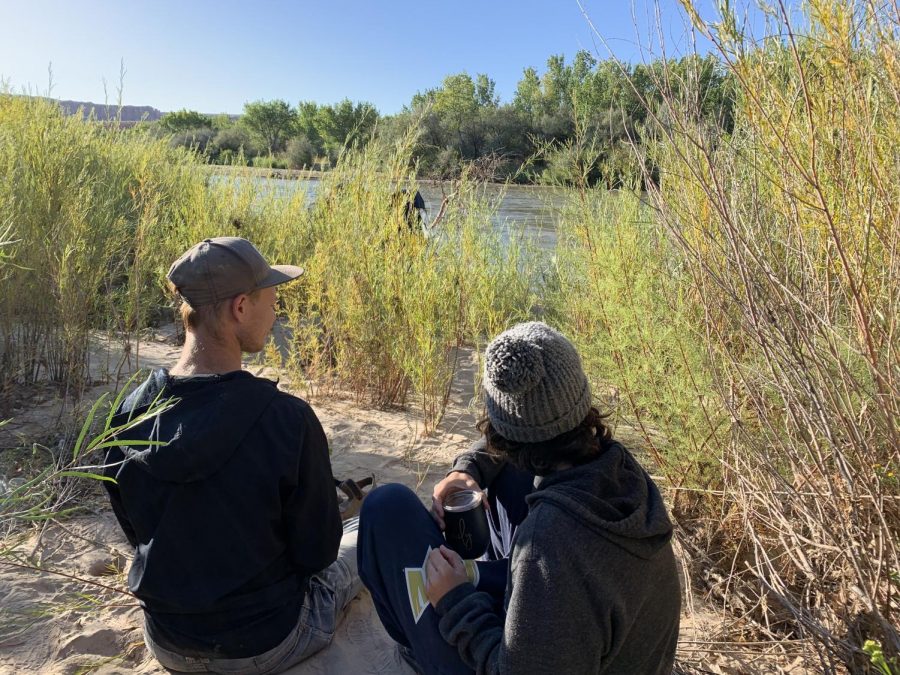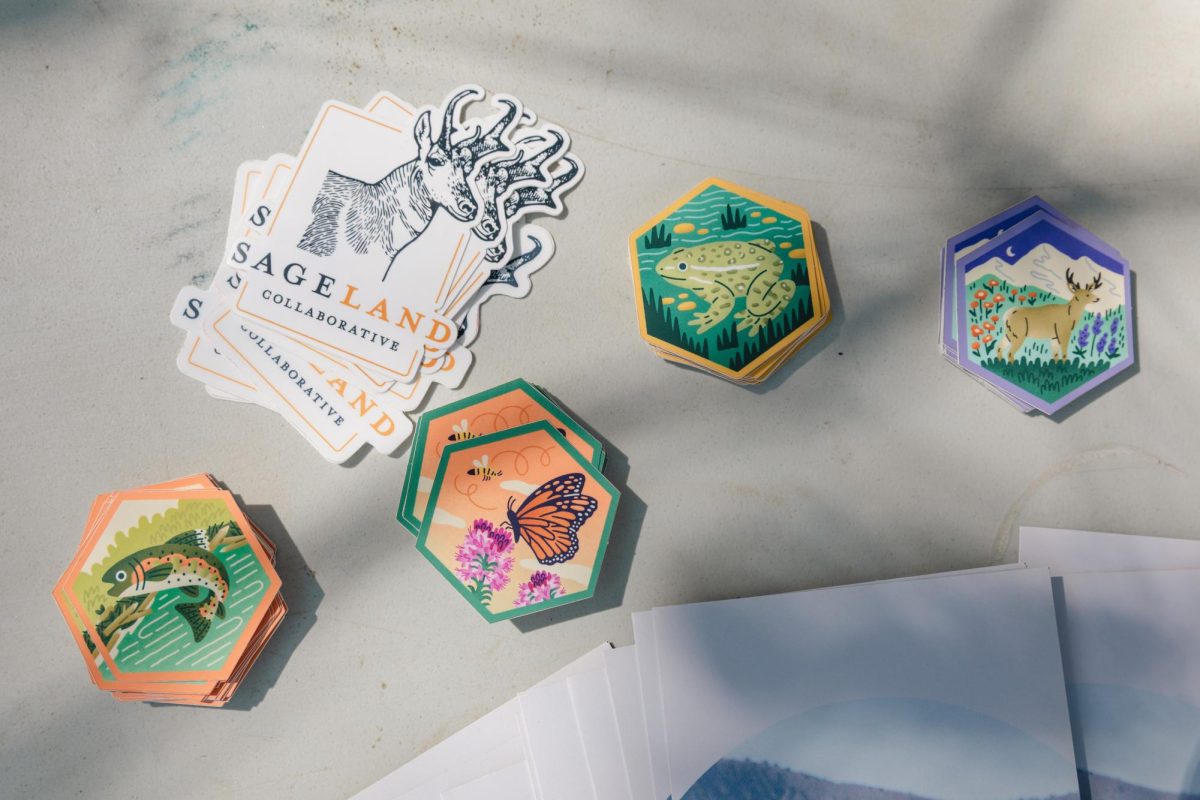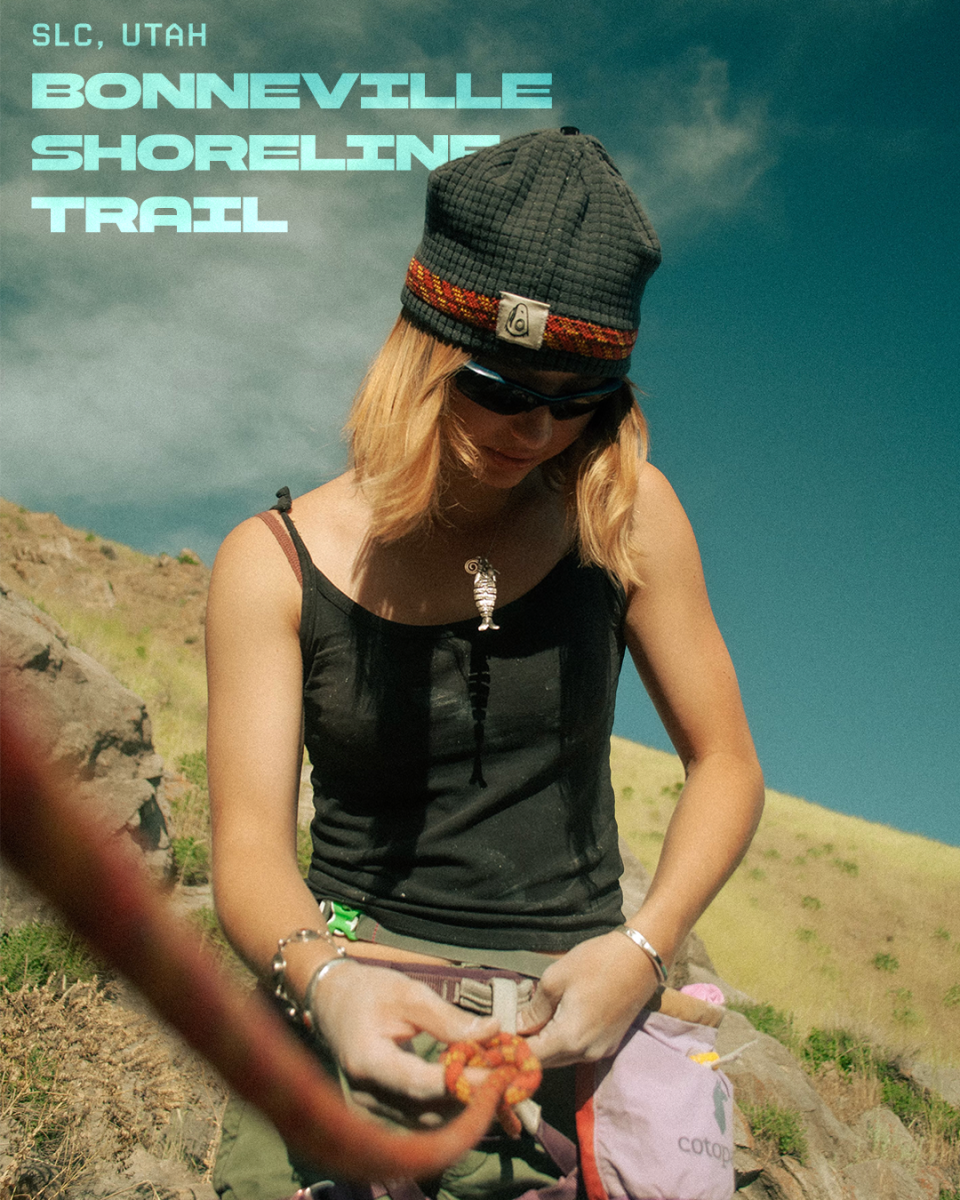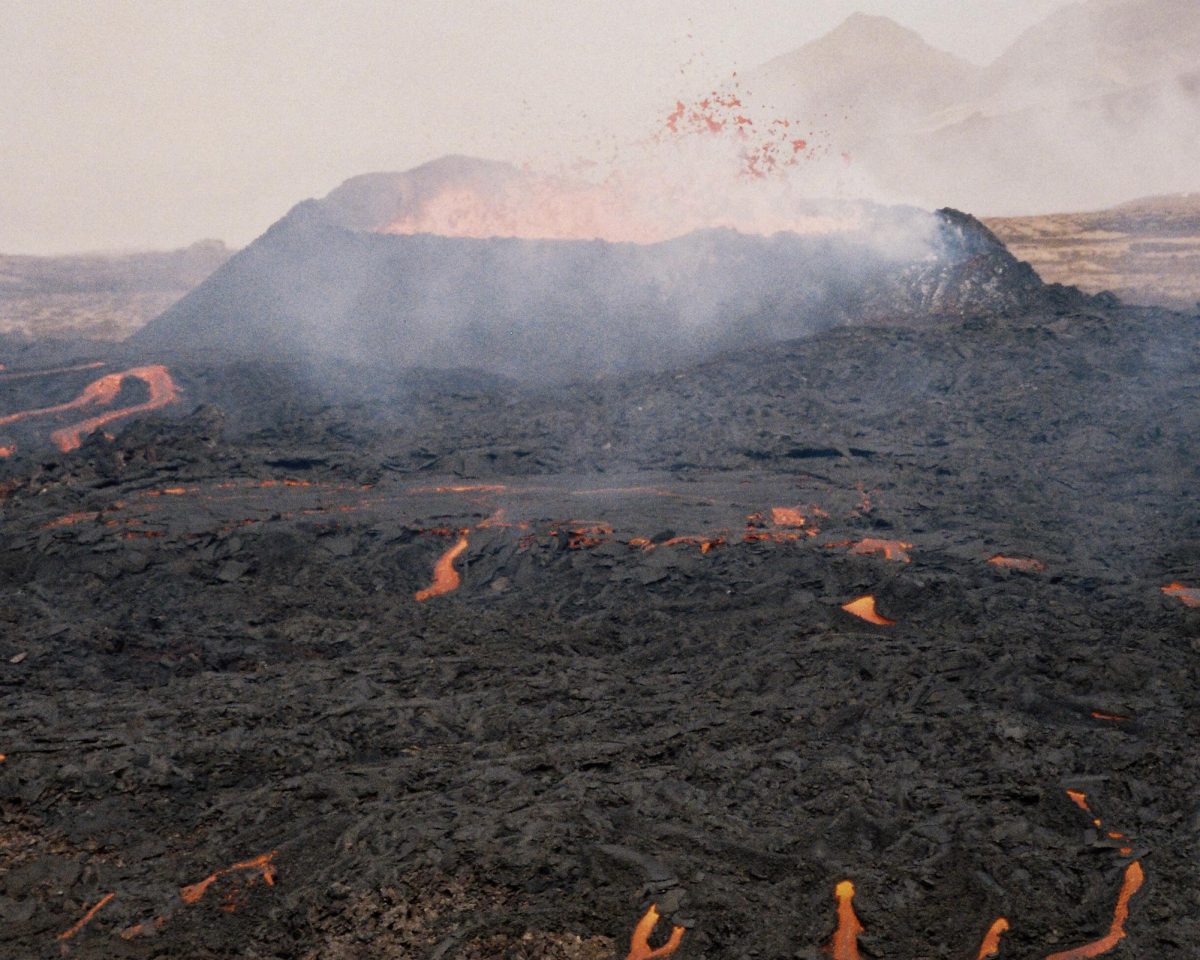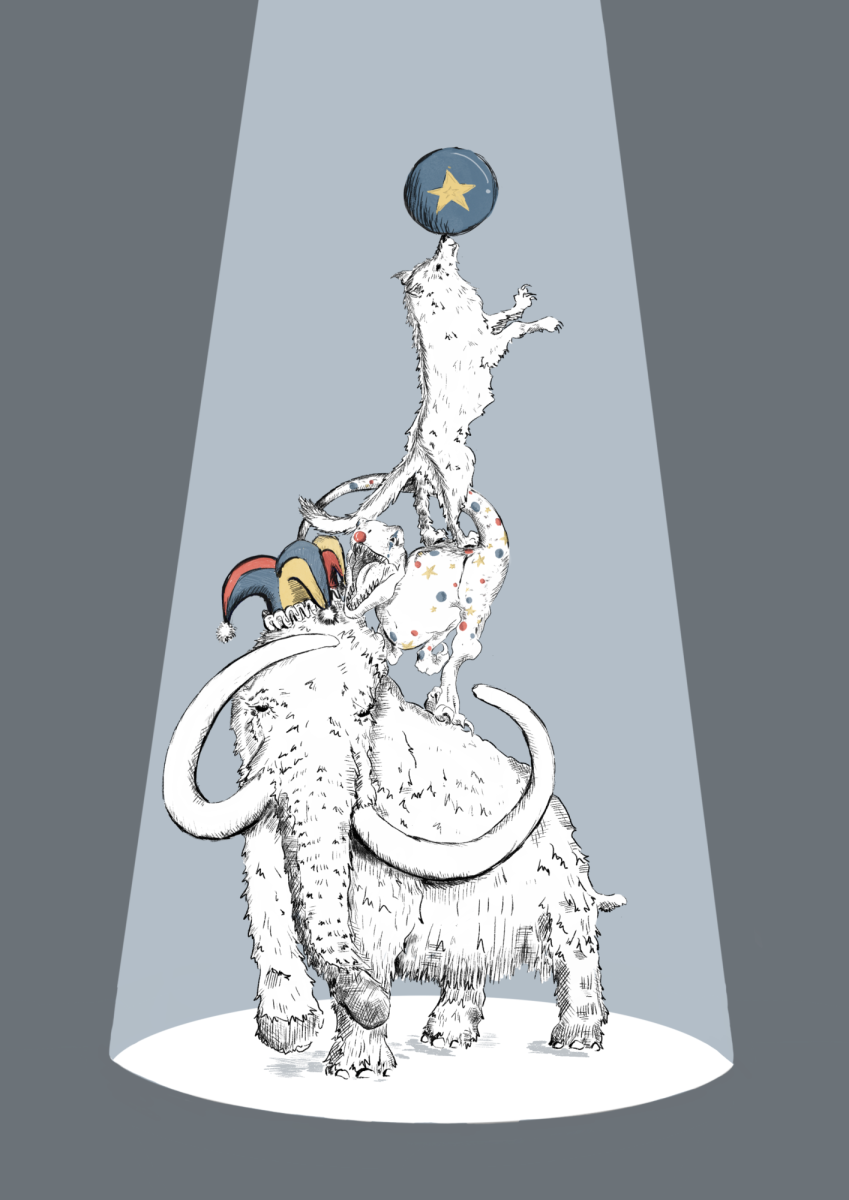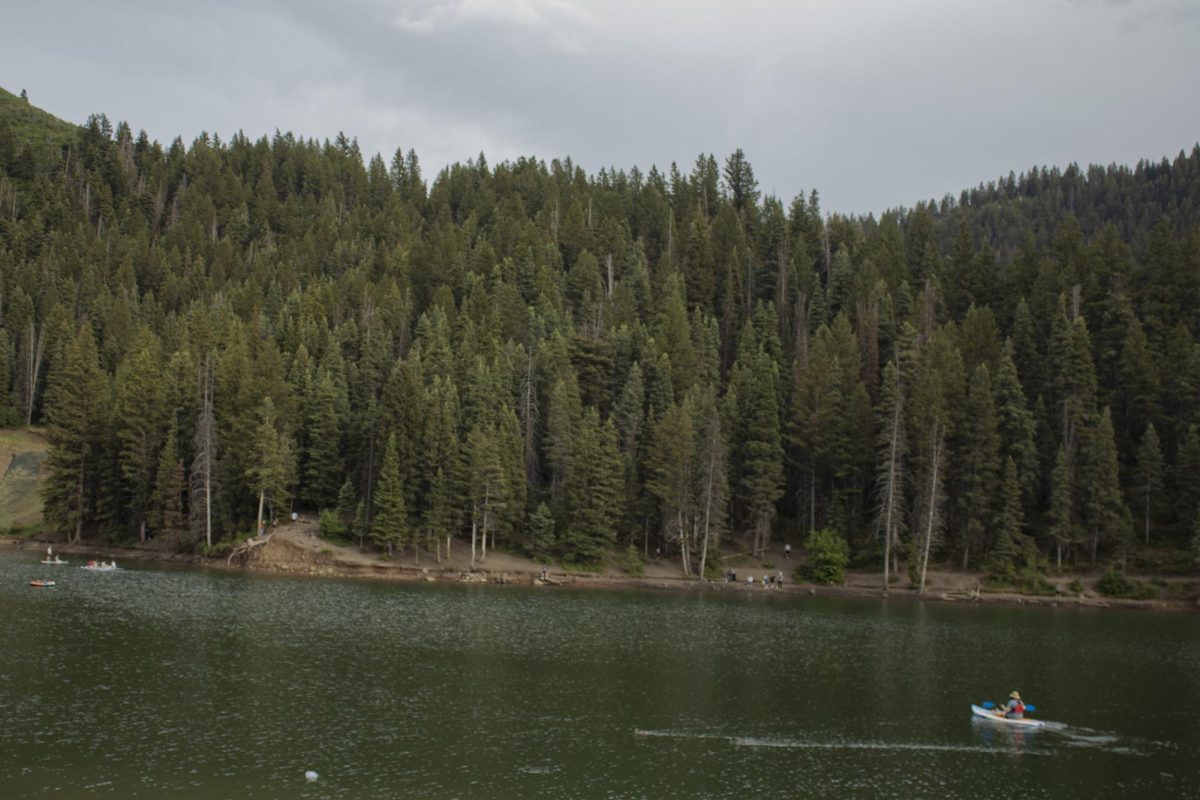Opinion: Being a Good Adventure Partner
April 18, 2020
True adventure is hard. It will break a person down and make them question themselves. Exhaustion, stress and emotions are hard to avoid in these moments. True adventure allows people to learn more about themselves than they ever would in day to day life. It is the most inspiring and fulfilling thing that some people will ever do. In these rugged moments, when the outside world is blocked from reality, it is the people alongside you that make the difference.
In my three years at the University of Utah, I have been fortunate enough to take part in a fair share of adventures. My sense of adventure has changed since I arrived in Salt Lake City from a small town in Rhode Island — it has gone from a clueless excitement and enthusiasm to a cautious curiosity. Experiencing more outdoor environments means experiencing more reality of risk. I have learned many lessons from these times, but above all, I have learned more about the personality and behavior of others in high-risk environments than I ever thought I would.
The most important factor when embarking on an adventure is to know what you are getting in to with a partner. Understand who you are going with and what it will entail. How do your abilities compare to your partners’? Do you have a similar goal in mind? Choose your partner wisely. They can only perform as well as their training has prepared them. Does this person have the experience necessary to safely complete this task? How do they respond during stressful moments? You must accept these realities before you set your expectations.
In a small group, how you behave will affect how the rest of the group behaves. If you are calm and calculated, the dynamic will likely stay that way. If you become aggravated and rash, the dynamic will shift that direction. Attitudes become larger with fewer people in a group and it is always noticeable. It is up to each member to make sure that the group dynamic stays positive. There are many factors that can contribute to the downfall of a group dynamic. Some of the most common pitfalls include unappointed leadership roles and negative attitudes. An unappointed leadership role may occur when a member of the group unconsciously names themself as the head of the group. This phenomenon often creates a toxic dynamic when that person is not the most experienced or has a reputation for being a bad leader. The rest of the group often feels like they cannot say anything to change this fact and there may be a dynamic downfall from the start. A negative attitude can be extremely toxic to a group, especially on an extended trip. When times are tough, being positive can help improve problem solving and motivation. Being negative often starts with one member and is infectious to the rest of the group, which can lead to a lack of motivation and productivity.
In a large group, such as on a guided trip, roles are usually set for leaders and participants. Having these clear roles can help eliminate the unwarranted expert issues, but it leads to more pressure being placed on the defined leaders. The behavior of the leader is under the microscope of the participants. Every choice is noted and statements are analyzed. When the leader begins to lose the trust of the group, it is extremely hard to gain it back. It is important for leaders to be calculated in their behaviors and word choice. Understanding your group through observations will allow for adaptive guidance and acceptance from the participants. If a leader on these trips loses the following of their members from the start, it is extremely difficult to have them listen and follow directions for the remainder of the time. This issue can lead to extreme safety issues when guiding in risk-filled environments.
A good partner is accepting, deliberate and communicative. They are calculated in their tasks and understand what they have set out to do. They are not a loose cannon of choices and goals but are someone who knows what they want and has worked through the process of getting there. A good partner can say no and is sometimes happy to just make an attempt. They do not put others at risk and let their partners know when they feel they could be at risk. And after the adventure is over, a good partner is a lifetime friend. That shared experience will never leave your mind and it will not leave theirs. Not just anybody can be a good adventure partner and they do not come around very often. When you find a good one, it is important to keep them around.


